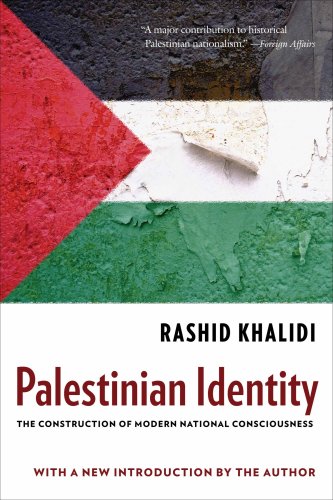על הסופר
הידעת?
•
•
•
סופר
סופר
סופר
סופר
עובדות ומספרים מעניינים על הסופר/ת
כל הספרים שכתב/כתבה הסופר/ת
מה חברי הקהילה חושבים על הספרים


תובנות מפתח על הסופר/ת והספרים
עובדות ומספרים מעניינים על הסופר/ת
כל הספרים שכתב/כתבה הסופר/ת
מה חברי הקהילה חושבים על הספרים


תובנות מפתח על הסופר/ת והספרים